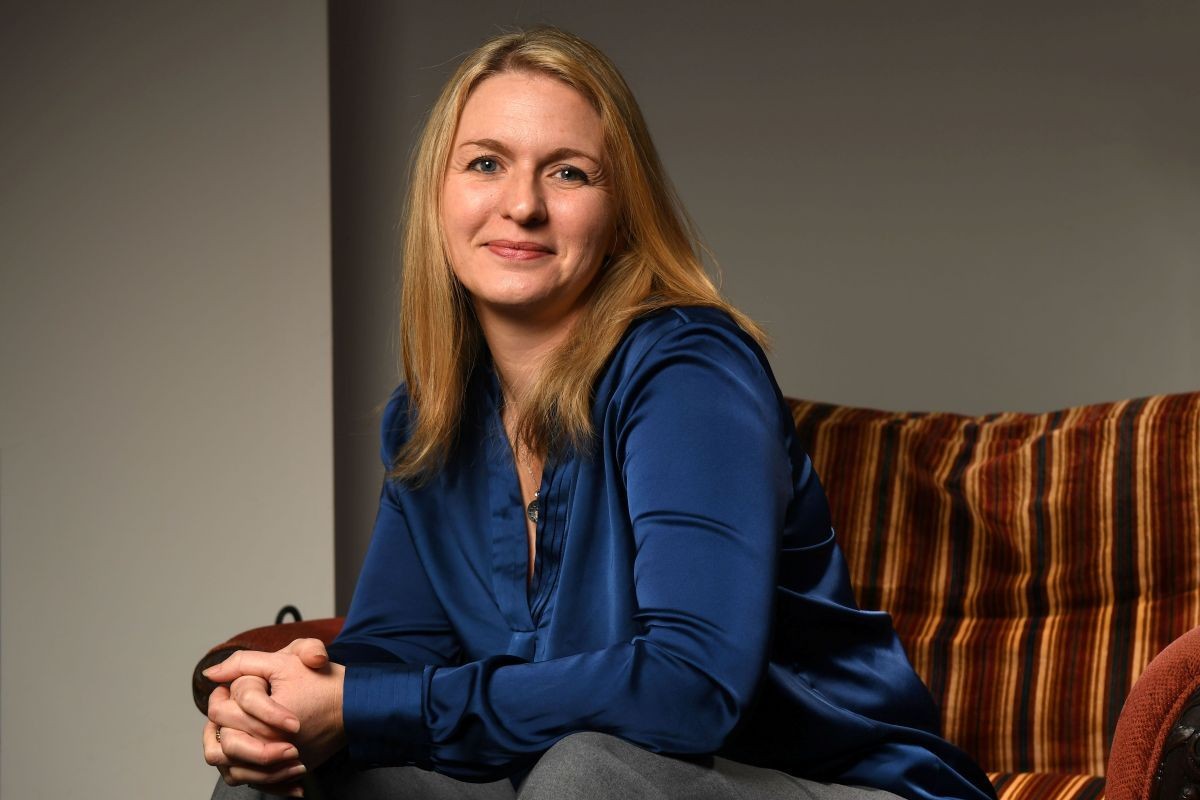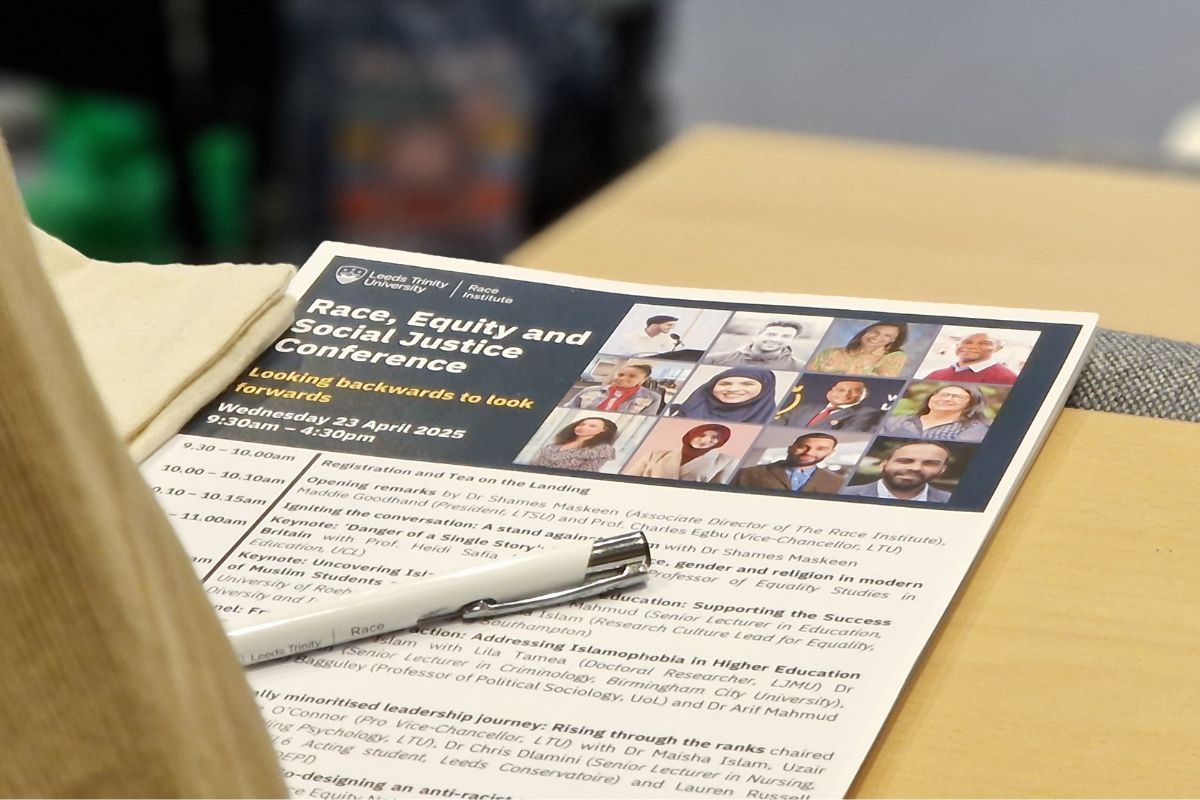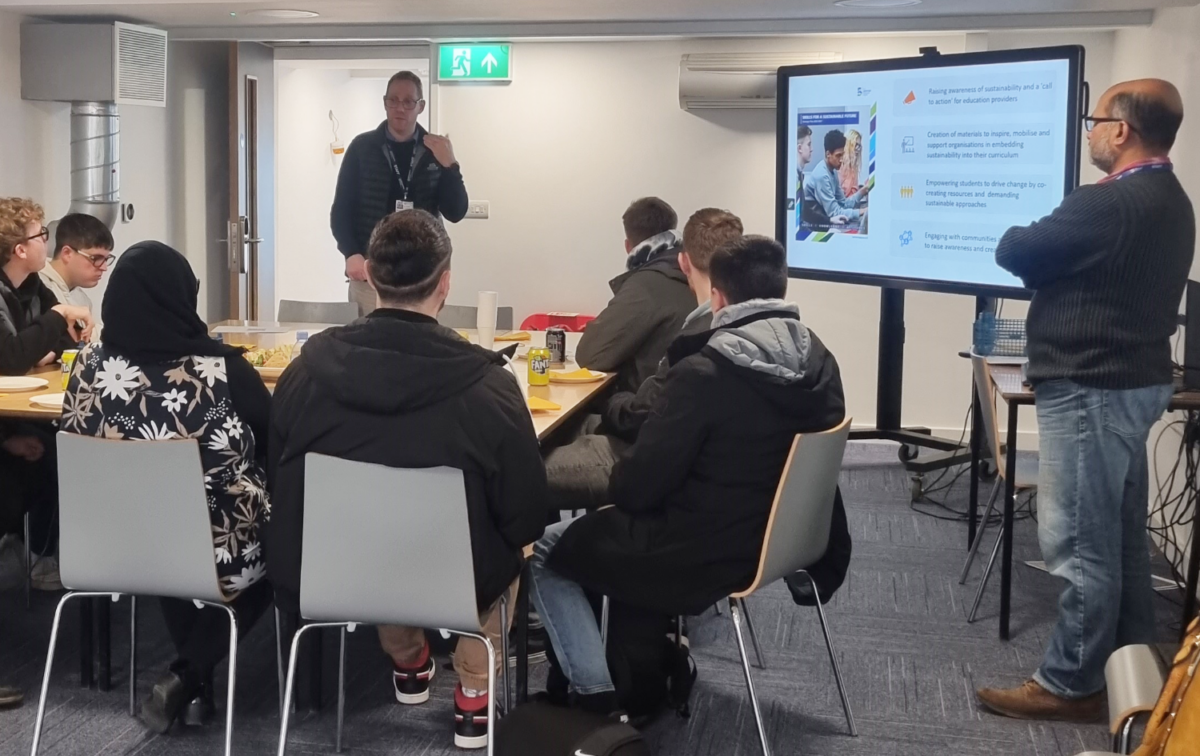Maths to 18 – mathematical and quantitative skills needed and relevant to all

With the right pathways through to 19, including building on current options, taking the best of what we already have on offer, and by embedding these in a British Baccalaureate post 16 offer, would provide citizens and the UK with the skills that are needed now and into the future.
Prime Minister Rishi Sunak’s clear policy intention to “move towards all children studying some form of maths to 18” in his Building a better future speech on 4 January 2023 included the assessment “Yet in a world where data is everywhere and statistics underpin every job, letting our children out into that world without those skills, is letting our children down.” while also clarifying “that doesn’t have to mean compulsory A level in maths for everyone”
The union of all the ‘maths’ implicit in the PM’s statement includes the mathematical, quantitative and data skills that the UK will need in the future, but this does not mean that every student would study everything that might be available in any subsequent post 16 offer.
Not surprisingly, the PM’s words have drawn a considerable amount of attention.
Some initial reaction highlights a few of the challenges in achieving this goal, including what ‘form’ the maths will take and who will teach it. But we must not shy away from doing everything we can to provide whatever is needed to overcome these challenges.
Naturally much else will be said and written about this in coming months, but one of the best places to start is to read Josh Hillman’s superb article Post-16 maths and the solution that already exists highlighting the role that the excellent level 3 Core Maths can play in this, noting the PM’s pertinent remarks about data skills, and that “we’re one of the few countries not to require our children to study some form of maths up to the age of 18”
It is clear to me that the importance of increasing the mathematical, quantitative and data skills of young people, the workforce, and adults has never been greater, and that the breadth and depth of knowledge and accompanying skills that are needed is vast and is ever growing.
This includes mathematics of all flavours to encompass numeracy and functional skills, problem-solving – say purely in mathematical terms or with a real-life or contextual focus – modelling, abstraction, so-called traditional areas of ‘pure’ and ‘applied’ mathematics, statistics, data science etc. All these areas are important at a basic level, as is the availability of different pathways to provide for greater flexibility and the ability to specialise and adapt in the future as opportunities arise and an individual’s and society’s needs and priorities change and evolve.
We cannot future-proof the mathematical skills
While we cannot future-proof the mathematical skills our young people develop in schools, colleges, universities, other higher-level study, apprenticeships and work, we can at least equip them as best we can so that they can be effective in their use of mathematics relevant to them. That means having a clear idea of the range of mathematical competences, with appropriate pathways depending on interests, strengths, career interests etc, which will enable all adults to be able to use the mathematical skills they have acquired and mastered, and provide the grounding to develop further skills.
Sunak’s interest in ‘maths to 18’ was made clear in his summer 2022 leadership campaign to be PM, saying that he would create “a new British baccalaureate which would require pupils to continue studying core subjects such as maths and English until they finish school at 18” arguing “We are almost unique in the western world, for an advanced economy and all high-performing education systems, in allowing people to drop maths and stop studying their native language at 16.”
But the move towards more students pursuing mathematical and quantitative study to 18 goes back to at least 2011 when Michael Gove, while Secretary of State for Education, said in a speech to the Royal Society
“That is why I think we should set a new goal for the education system so that within a decade the vast majority of pupils are studying maths right through to the age of 18.”
Successive Ministers in the Department for Education, including Liz Truss and Nick Gibb, then oversaw curriculum reforms to A levels in Mathematics and Further Mathematics, and the broadening of the post 16 advanced mathematics curriculum through the introduction of Core Maths.
The reformed AS and A levels in Mathematics and Further Mathematics have been well received by higher education where the associated knowledge, understanding and skills are much needed by students on many degree programmes, including across STEM subjects, and on other programmes with a significant mathematical element.
Mathematical knowledge and skills are fundamental
As Professor Glendinning, President of the Institute of Mathematics and its Applications, rightly states
“Mathematical knowledge and skills are fundamental to innovation in all areas of industry and the public sector. This can be witnessed by the growth in data analytics across many roles from digital marketing to agriculture, and maths is an underpinning subject in fields providing solutions to global challenges such as green energy solutions, climate science and healthcare.
“To meet these needs education is needed at all levels, from primary school to higher degrees, and support for mathematical research and the application of this research in society is important for both cultural and economic reasons.”
In any reforms to post 16 mathematics in a British Baccalaureate system we must retain the opportunity to study much of the current subject content and associated skills in these AS and A levels with their focus on overarching themes:
- Mathematical argument, language and proof
- Mathematical problem solving
- Mathematical modelling
- Use of technology
- Use of data in statistics
Which provide much of the vital underpinning in post 16 studies for scientists, mathematicians, engineers, and data scientists, who will ultimately address and meet these global challenges.
Core Maths too has been welcomed by higher education, and is popular among teachers and students alike, but it has some way to go to reach the number of students – approaching 200,000 – who would benefit hugely from studying it. Hillman’s article explains some of the challenges Core Maths has experienced in achieving these dizzy heights.
Core Maths was flagged in a speech by Liz Truss in early 2014 when she was a Minister in the DfE “And we’re introducing core maths, so that the majority of young people will be studying maths right up to 18 – just like those high-performing countries.” following the policy statement in 2013, stating that “It is essential that Core Maths qualifications help prepare students for higher education and employment. the need for Core Maths courses to focus on authentic contexts and mathematical problems.” which was followed up by the Core Maths Technical Guidance in 2014 “Many entrants to university and employment do not have the mathematical skills expected of them.”
“Qualifications should provide a sound basis for the mathematical demands that students will face at university and within employment across a broad range of academic, professional and technical fields.”
I spoke at the launch of Core Maths alongside Liz Truss in July 2014 about the mathematical, quantitative and statistical skills needed to study a wide range of university courses, and I uttered the bold claim that
“Core Maths is the most significant development in post 16 mathematics in a generation” which has followed me around ever since.
More needs to be done to support Core Maths
This remains true in my view, but much more needs to be done to support Core Maths to realise its potential for a generation of young people – either in our current post 16 framework or through its inclusion in some form at the heart of any reforms to post 16 mathematics in a British Baccalaureate system.
Fast forward to March 2016 when Professor Sir Adrian Smith, FRS was asked by the Chancellor in the March 2016 Budget Statement to undertake an independent review of 16–18 mathematics to consider “the case for and feasibility of all students continuing some form of mathematics until 18” with “’mathematics’ being interpreted in its broadest sense, including quantitative skills, statistics and data analysis”
The subsequent report was published in July 2017, with the first recommendation: “The DfE should seek to ensure that schools and colleges are able to offer all students on academic routes and potentially students on other level 3 programmes access to a Core Maths qualification.” which was based on much evidence in the report and the background and rationale for introducing Core Maths in 2014.
Core Maths will play an even greater role in the future
Core Maths will play an even greater role in the future with its strong focus on developing fluency and confidence in using and applying mathematical and statistics skills to address authentic problems/real-life scenarios, drawn from study, work and life, with a strong emphasis on contextualised problem-solving. This is precisely what is needed to drive up the mathematical and quantitative skills of young people who are not taking the mathematics that is currently found in A level.
Fleur Saxton rightly talks about “maths learned in a real-world context improves understanding and outcomes” as that is precisely the ethos behind Core Maths.
Core Maths subsequently featured prominently under “Driving up the study of maths” in the Industrial Strategy: building a Britain fit for the future.
As with AS and A level, in any reforms to post 16 mathematics in a British Baccalaureate system we must retain the opportunity to study much of the current subject content and acquire the associated understanding and skills which are integral to Core Maths with its focus on three primary objectives:
- Deepen competence in the selection and use of mathematical methods and techniques
- Develop confidence in representing and analysing authentic situations mathematically and in applying mathematics to address related questions and issues
- Build skills in mathematical thinking, reasoning and communication
A broad and balanced curriculum has been a key thrust
A broad and balanced curriculum has been a key thrust of the Royal Society’s work on mathematics education through its Advisory Committee on Mathematics Education (ACME) since the launch of its Vision in 2014, for which Core Maths was an integral part.
More recently in 2022, the President of the Royal Society, Sir Adrian Smith, PRS, explained Why we need data-literate citizens “In our daily lives, we are continually faced with an avalanche of data, figures, numbers and statistics across both legacy and social media.
“In modern Britain, too many people have not been taught the skills to process all this digital data. And while we need many more scientists and mathematicians who can create and manage complex algorithms, we also need to upskill the many millions who lack these essential 21st century skills.”
Accompanied by “The introduction of Core Maths as an alternative to A level has been a popular and positive change. The base of those who continue to study maths post-16 has been broadened, and this is extremely encouraging news. We should try and use this change as a springboard for wider changes, as has happened elsewhere in the world.”
And subsequently “As an early step in a transition to a broader education, Smith advocates for all young people to receive mathematics training post-16 through the Core Maths qualification which equips students with the mathematical, statistical and data skills essential for future study, employment, and life.” as part of the Royal Society’s work on The Future of Education and Envision.
Sir Adrian also responded to the PM’s policy intention of ‘maths to 18’ “Maths, data, statistics and numeracy are essential skills for a modern world, whether for the workplace or for playing an active role in society. If we want our economy to thrive and young people to be prepared for well paid jobs, we need a radical overhaul of our education system that will include all young people doing some level of maths to 18 years of age. The PM understands this and today’s announcement is welcome.
“While we have some elements in place to increase maths and data skills, we need to upgrade the post-16 approach as part of wider reform at secondary and post-16. It is time for a baccalaureate style system that will give a broader education than the exceptionally narrow A-levels.”
Much work has already taken place on this through the 2020-23 Royal Society’s ACME Mathematical Futures Programme, with support from the Institute of Mathematics and its Applications, London Mathematical Society, and Royal Statistical Society, seeking to answer two core questions
- What mathematical competences will be needed by citizens to thrive in the future?
- How should education systems develop these mathematical competences?
This necessarily includes addressing the nature of a mathematics curriculum – content, skills, teaching and assessment, along with the professional development needs of teachers, and pathways through to post 16.
As long ago as 2004 Professor Adrian Smith’s report of his Inquiry into Post-14 Mathematics Education Making Mathematics Count, commissioned by the UK Government, included a model for possible 14-19 pathways.
Pathways through to 19
With the right pathways through to 19, including building on current options in England and taking the best of A levels in Mathematics and Further Mathematics, and Core Maths, and embedding these in a British Baccalaureate post 16 offer, we would be able to provide the much-needed skills in this area. This would go a long way to achieving the government’s moral, social and economic levelling up programme which will benefit us all.
I therefore agree wholeheartedly with Sir Adrian Smith, PRS, and the PM Rishi Sunak, that we should “move towards all children studying some form of maths to 18” and I have believed in this for the last ten years.
By Professor Paul Glaister CBE, Professor of Mathematics and Mathematics Education, Department of Mathematics and Statistics, University of Reading











Responses